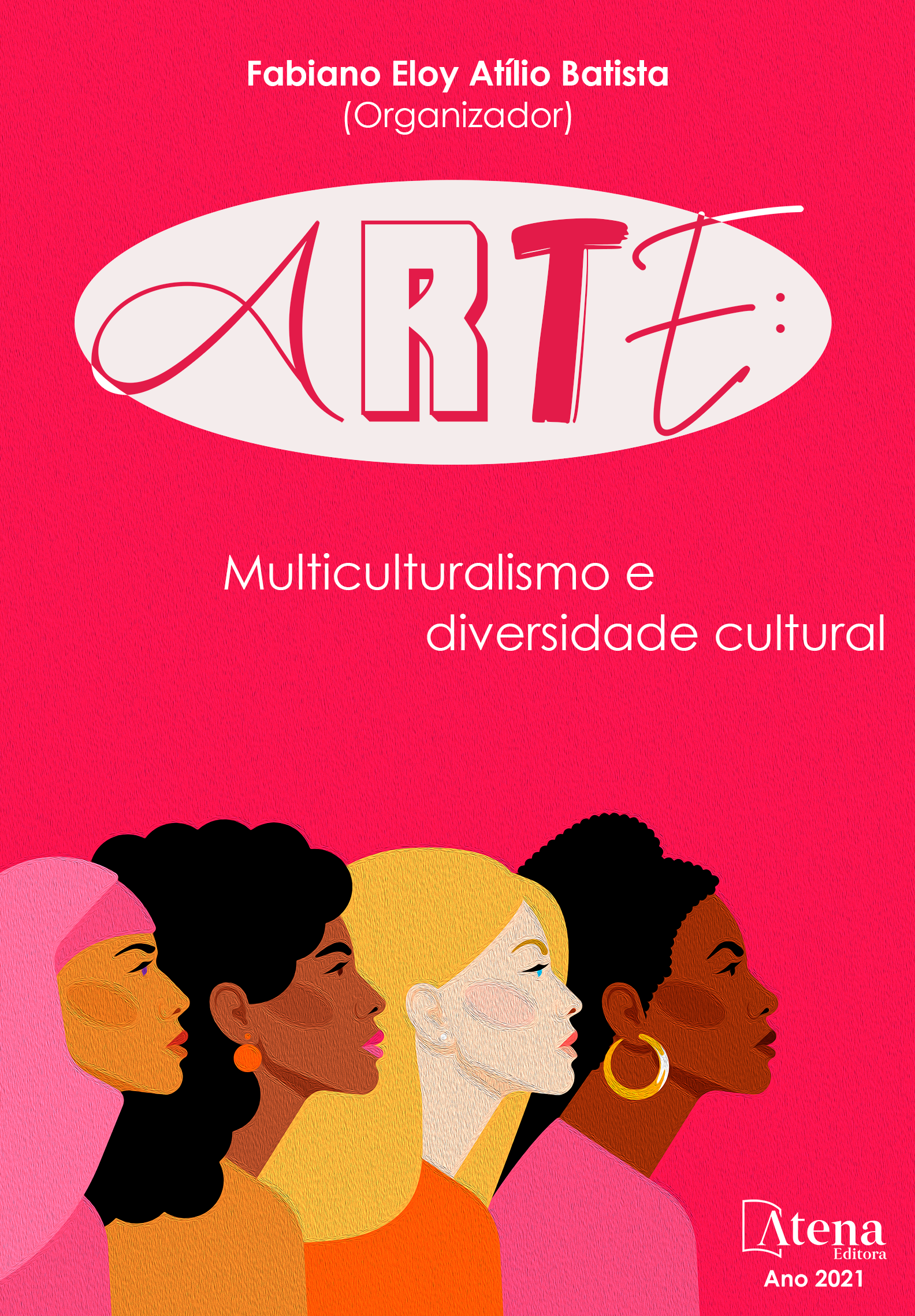
TÉCNICA SILVESTRE ONLINE: NOVAS POSSIBILIDADES DA DANÇA TRAZIDAS PELA PANDEMIA DE CORONAVÍRUS
Em abril de 2020, num contexto de proliferação mundial do coronavírus, a Técnica Silvestre iniciou a promoção de ações artístico-educativas de maneira online. Esta possibilidade da dança mediada pela internet trouxe a relevância do trabalho em família e a construção de uma nova identidade para essa Técnica. Buscando Gilroy (2007) para refletir sobre esta identidade enquanto instituição, que apesar de compartilhada, não apresenta o enfraquecimento das individualidades de cada guia deste processo, mas pelo contrário, tem contribuído ainda mais para que a criação de Rosangela Silvestre siga em constante desenvolvimento, trazendo, inclusive, o repensar da palavra técnica como algo estático. Convocando Oliveira (2007) para contribuir com o olhar sobre ancestralidade, segue urgente o reconhecimento desses saberes e fazeres diaspórico-africanos perante universidades brasileiras, considerando a conexão destas danças com suas lutas histórico-sociais e políticas em torno das questões das minorias e seus protagonistas, de acordo com Ferraz (2017). O estudo de caso da Técnica Silvestre reafirma esta urgência, assumindo seu papel de referência nos processos de preservação e transmissão deste conhecimento ancestral, neste modo online de existir - e resistir - da arte, da educação, da dança e suas possibilidades do porvir.
TÉCNICA SILVESTRE ONLINE: NOVAS POSSIBILIDADES DA DANÇA TRAZIDAS PELA PANDEMIA DE CORONAVÍRUS
-
DOI: 10.22533/at.ed.32421041010
-
Palavras-chave: DANÇA. TÉCNICA SILVESTRE. ONLINE. PANDEMIA.
-
Keywords: DANCE. SILVESTRE TECHNIQUE. ONLINE. PANDEMIC.
-
Abstract:
In April 2020, in a context of worldwide proliferation of the coronavirus, Silvestre Technique started to promote artistic-educational actions online. This possibility of dance mediated by the internet brought the relevance of family work and the construction of a new identity of this Technique. Seeking Gilroy (2007) to reflect on this identity as an institution, which despite being shared, does not show the weakening of the individualities of each guide in this process, but contrary, has contributed even more to the creation of Rosangela Silvestre continues in constant development, bringing even the rethinking of the word technique as something static. Convoking Oliveira (2007) to contribute to looking at ancestry, there is an urgent need to recognize these diasporic-African knowledge and practices in Brazilian Universities, considering the connection of these dances with their historical-social and political struggles around the issues of minorities and their protagonists, according to Ferraz (2017). The Silvestre Technique case study reaffirms this urgency, assuming its role as a reference in the processes of preservation and transmission of this ancestral knowledge, in this online way of existing - and resisting - of art, education, dance and its possibilities for the future.
-
Número de páginas: 15
- Marcela Botelho Brasil


